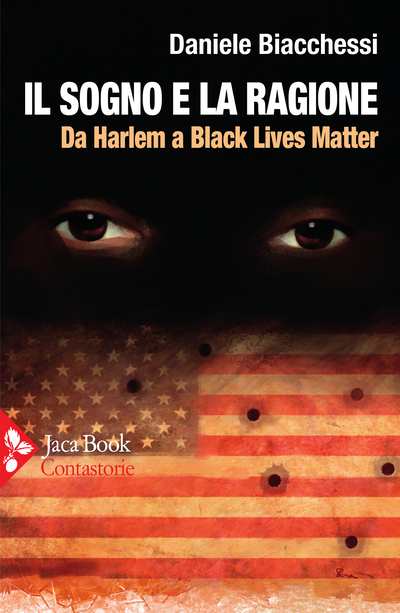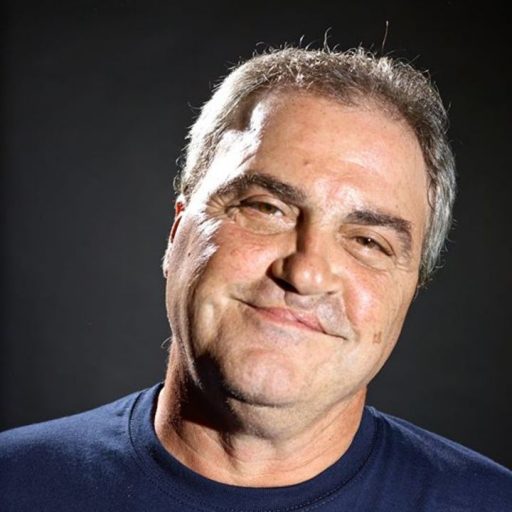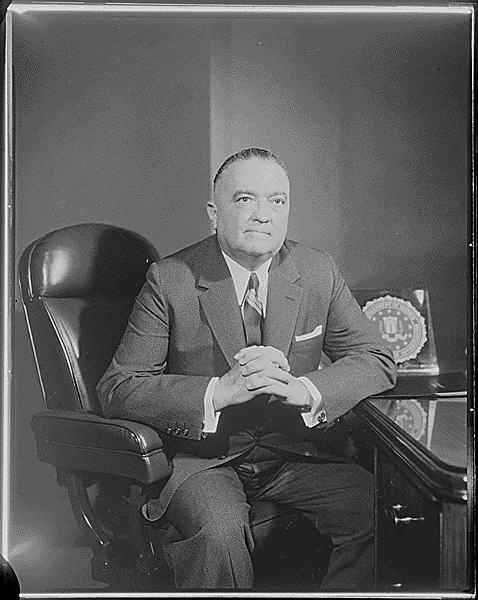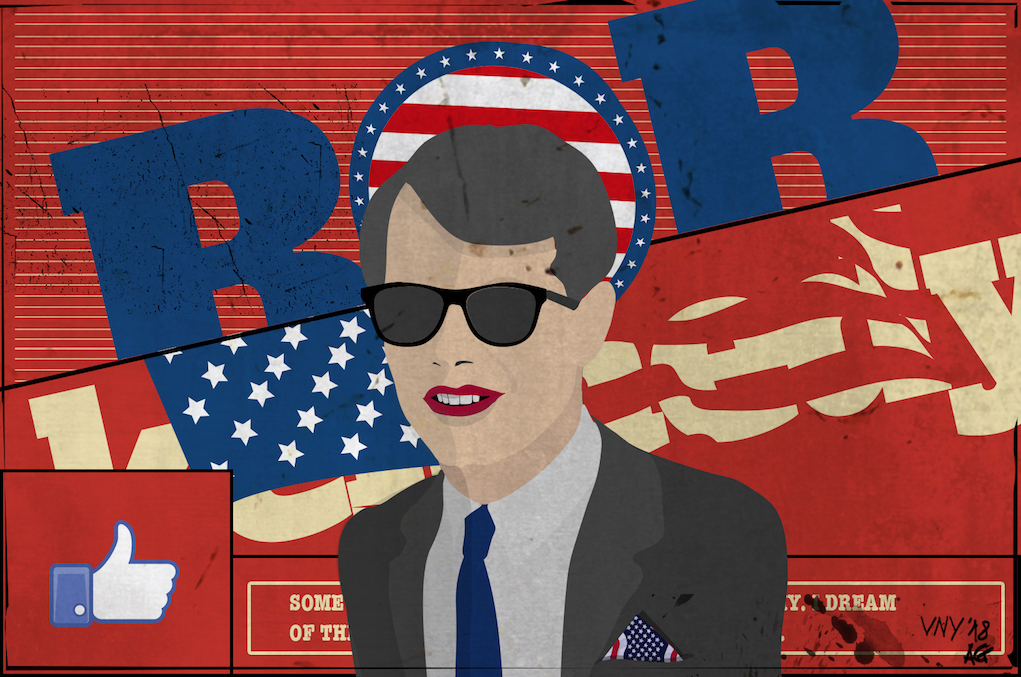
Daniele Biacchessi, author of Il Sogno e la Ragione. Da Harlem al Black Lives Matter (The Dream and The Reason. From Harlem to Black Lives Matter, 2021, Jaca Book) comes from afar, belonging to a generation whose dream was to broadcast on the radio. As a boy, he could not have bet on it, and yet his future would have been to start some radios himself, like Radio 24, of which he was editor-in-chief and backbone. As a journalist, he has written around forty investigative books covering almost every kind of Italian news, including terrorism, Resistance, armed struggle, and secrets that had to be uncovered (including the Seveso Disaster). This is not the first time he has dealt with America; his previous book is dedicated to Woody Guthrie, “a wandering communist globetrotter who even performed in front of factories,” is how he describes and praises him, a portrait of his humanity previously unknown to the common public. We talk with him about his latest book and much more: we rediscover forgotten speeches on democracy by Martin Luther King and Robert Kennedy, get inspired by a blues soundtrack, and conclude with some considerations about human resistance.
Why a second book on the plight of black people in America?
“When Trump won the election in 2016, I began to think about how to counteract this unfortunate and evil event. Not so much for the United States, but the whole world, because he has pulled out the word fascism: something people fought against in Italy with the Resistenza and the Constitution. Everything is contained in this fascism. I like to speak of Trump as a National Socialist, a Nazi at heart, a racist who has bewitched the people just like other dictators in Europe. But is there a difference? Compared to the times when fascism and dictatorships ruled on European soil with violence, oppression, and a permanent police state, we see that you can do it all with democratic methods today. All you need is an audience, success, and the critics, as they say in theater talk.”

“Let’s think about Trump’s slogan: America First. I remembered reading it somewhere, went back, and found it in General Simmons’ Oath during 1865, addressed to all Ku Klux Klan supporters. There were protests from the very first actions taken after the inauguration of the president. It looked like any cultural deviation or minority had to be suppressed. Here my book moves through four hundred years of history and exposes some of American history’s taboos. Enough of this talk that the story of America begins in 1620. Let’s make it clear that it was in late August 1619 when the slaves landed. The path to liberation comes from the struggle, the fight, and dissent. The beacon of this book of mine is old LeRoi Jones when he says, “Without dissent, without struggle, the esthetics of the blues wouldn’t exist. Not just music, but a way of being African American. This book is about cultural and human liberation. I talk about some important people, some of whom were legends and are now forgotten.”
(On December 1, 1955, Rosa Parks – a civil rights activist and secretary of the NAACP’s local section – boards on the 2857 bus. She takes the first seat behind the whites-only section and refuses to give up her seat, contrary to the rule established by the Jim Crow laws in Montgomery and the state of Alabama)
“Rosa Parks‘ action is a political statement that Martin Luther King agrees with. Then there are other stories like Malcolm X, a thug who ended up in prison where he was approached by the same Muslims for whom he would become a leader and who would assassinate him. It’s a story to tell, like his photo looking out the window with a Kalashnikov in his hands. Everyone knows he is going to die, even the FBI knows it, but no one does anything about it.”

The two chapters devoted to Martin Luther King and Robert Kennedy seem to be structured to enrapture the reader, instill hope, and then break the heart. The choice to include so many parts of their speeches allows us to move away from historical analysis and face the reality of the facts or the human depth of these two personalities. Why this choice?
“As for Martin Luther King and Bob Kennedy, my choice was not so much to recount their general political thinking, but the human depth behind their decisions. The only way to do that was to quote some public speeches. Usually, you quote a few pieces, like I Have a Dream, but they say little about the broader reasoning.”
Yet the gross national product does not allow for the health of our children, the quality of their education or the joy of their play. It does not include the beauty of our poetry or the strength of our marriages, the intelligence of our public debate, or the integrity of our public officials. It measures neither our wit nor our courage, neither our wisdom nor our learning, neither our compassion nor our devotion to our country, it measures everything in short, except that which makes life worthwhile. And it can tell us everything about America except why we are proud that we are Americans. Quote: Robert Kennedy
“Kennedy was a staunch Keynesian; why does he get to say these things about the GDP? His idea of America and the world is the opposite of what will prevail with Reagan, and in Europe with Thatcher or with wild liberalism. But it was a precise way to be on one side, from an economic point of view. He wasn’t just about civil rights, and he was a man of power. He came out from his brother John’s successful campaign. He was his advisor in a crazy time like the Bay of Pigs invasion and the missile crisis in the Caribbean. Moving from a power position, he begins to mount a more effective criticism; the reason it all begins to come together is surely the war in Vietnam. As the young people burn draft cards, Bob Dylan sings ‘The Times They Are A Changing,’ you leave your country with a dream and return to a grave.”
Putting the pieces together, a visceral attachment to democracy returns again and again from Dr. King’s words, as when he describes it as the only political form in which one can sow protest and claim legitimacy for one’s rights. What is the contradiction of this democracy that has allowed people to be discriminated against and to dream at the same time?
“Normally, when you are one step away from a dictatorship or fascism, you see the difficulty of living in a democratic society, and you realize how important it is to be able to maintain a democratic system. However, democracy is fragile in its own way, people enforce it, and as much as there may be rules, they do not apply to everyone. This was demonstrated by the horrific events of the attack on Capitol Hill. The madness of the United States has often shown as they try to portray in myth a model that could apply to everyone, but there’s no such thing. Just as there is no such thing as a dictatorship for all. In a democracy, you can have a thousand newspapers; in a dictatorship, you have one. Everyone brings diversity and responsiveness, and some politicians are more inclined to fight for civil rights, others are not.”

So is racism more of a cultural issue or a political one?
“It depends on the priority of the policy. For example, if the priority on the agenda is immigration, an issue that exists and will always exist, then people will work for it. These days Covid-19 conflated with the agenda of politics. It was unexpected. For the first time, with the death of George Floyd, outrage started in the media and then led to an international outcry. Without that movement, the Democrats would not have won the American election. I say this in the book as well, supporting my words with tangible numbers. It is Floyd’s death that triggered the awareness. The outrage didn’t come from the people; it came from the media even more because there was an election campaign going on.”

According to your data, in Louisiana one-third of those infected with Covid are black and 70% of them die; in Milwaukee 27% are infected and 60% of them die; in Chicago 27% are infected and 72% of them die. The reasons you quote are: poverty, indigence, inequality, unemployment, and difficult access to the public and private health care systems. The pandemic highlighted social inequalities in wages, opportunity, and prospects.
“There are a couple of things to say about the US election. The first is that Trump loses by 74 million votes. Biden wins by 84 million. And among those 74 million people who voted for Trump there are ordinary voters; just remember that part of the Republican electorate lives in Chicago, the Democratic capital. Trump has not been able to handle the pandemic; the deaths and infected people have greatly affected the entire campaign. Second, Covid was and still is a class disease that hits the most vulnerable and lonely people, including those without access to private health care, mostly African Americans.”

As you write in the last part of the book, African-Americans proved to be a key element in the election of Obama, even though they moved away from the ballot box over time. Riding on the wave of the Black Lives Matter movement, Biden gained 87% of African Americans, 65% of Latinos, and 61% of Asians. Without them, he could never have won the presidency. How do you think the new administration should work to create effective voter mobilization and maintain their trust?
“Change should start with the reorganization of the state apparatus. Otherwise, episodes like Floyd’s will continue. Mentality changes when politics decides it should. Think back to the days of J. Edgar Hoover as head of the FBI.”
(Hoover served in that role from 1935 to 1972, under no fewer than eight U.S. presidents, from Calvin Coolidge to Richard Nixon. He considered members of the Black Panther Party, “the greatest threat to the nation’s internal security, militants trained in the doctrines of Marxist-Leninist and Chinese Communist.”)

“The State Department later declassified documents. Events aren’t born out of a vacuum. The Watergate scandal did not happen by chance. You understand what is happening in the country when the police and intelligence chiefs change. There were 300 cops on Capitol Hill, the National Guard was called in late, while a few months earlier 5,000 troops came to suppress a Black Lives Matter demonstration. My prediction is that Trump will likely return, perhaps with an alternative political solution, a new movement. As I write in the conclusion of the book, no victory is forever. If Biden truly raises the billions needed to fight the Covid pandemic and give people a chance to improve their social condition, then there is hope.”
Quoting a sentence from your introduction and your book title: “Il sogno (the dream)’ refers to the black population of America wanting to free itself from slavery, generational racism, discrimination, oppression, and from the violence of the state apparatuses; ‘La ragione (the reason)’ is the black and white American populations taking action through a more or less violent form of protest.” How do you think “dream” and “reason” coexist in America today?
“The dream is certainly not the American dream as we know it. The dream is to become a country where black people are not killed in the streets stopped by a group of police officers. Where a poor person can live on a subsistence level and where it is possible to promote culture. Reason has to do with applying these ideas, which inevitably conflict with human beings. I argue that the real great and possible revolution is the one we have been unwilling to make: human resistance. We can resist epidemics, adapt, protect ourselves from frost. But what we’re not doing is our revolution; we should look in the mirror and understand who we are.”

While reading Biacchessi’s book, a few passages may catch your eye, including:
June 6, 1966, from the “Ripple of Hope” speech at the University of Cape Town by Robert Kennedy: “These are times of danger and uncertainty, but they are also times that give space as never before to the creative energies of man. And every man will be judged by this, and judge himself by the contribution he has been able to make building a new world society, and by the extent to which he has succeeded in shaping his efforts based on high ideals and aims.”
If you turn back a few pages, it will not be difficult to catch another passage dealing with the “creative” meaning of movement, expressed by Dr. King:
“As a new phase of our struggle, mass civil disobedience has the power to transform the rage of the ghettoes into a creative and constructive force.”
In the end, it’s always good idea to look at today through the eyes of those who have fought.










